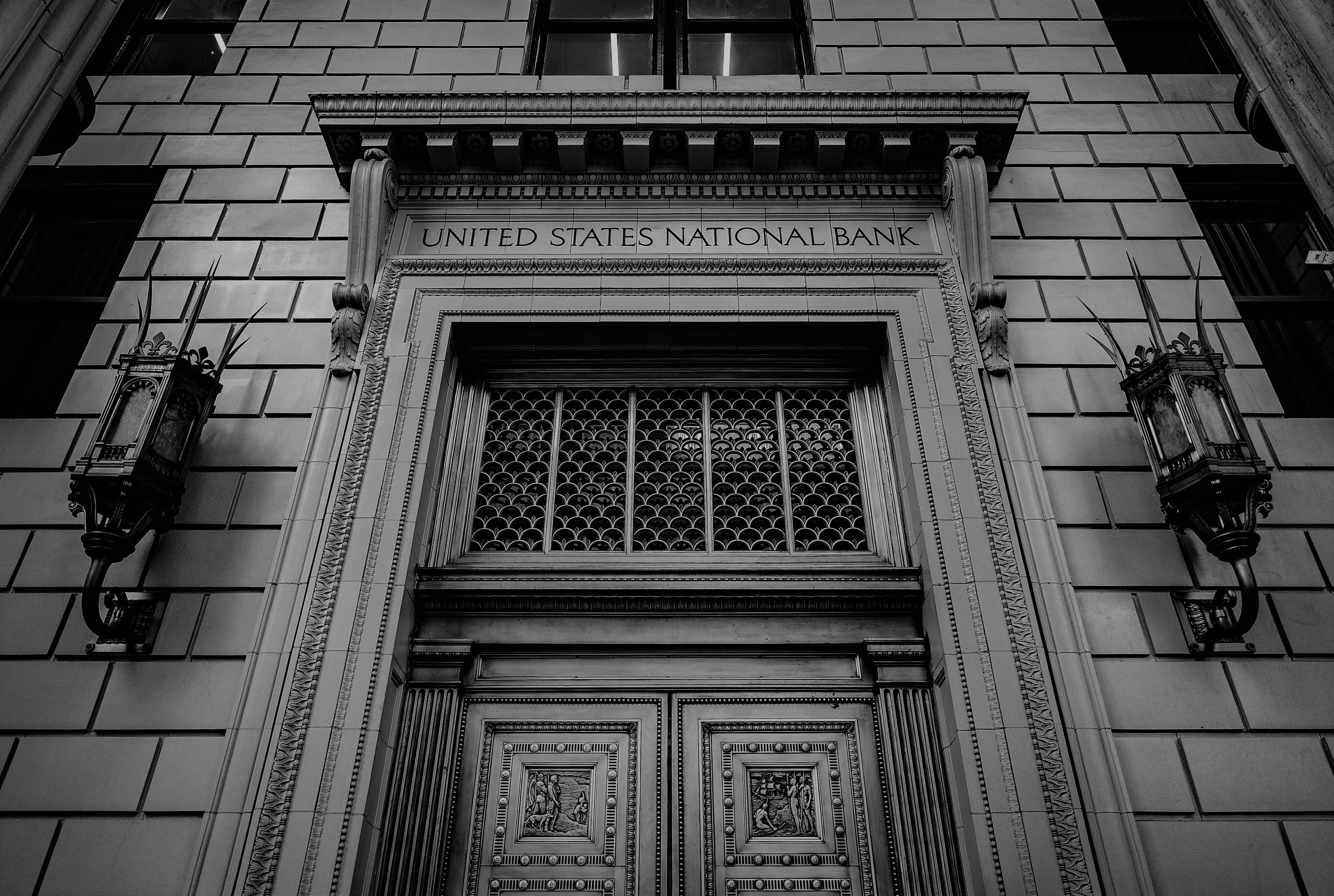How do you know when you’ve gone far enough? That must be the question starting to dawn on the minds of central bankers in their current rate hike cycle. But having drifted so far from the normal rules based policy of monetary loosening during the pandemic, their responses seem to also be deviating from rules based policy during the tightening. Otherwise, interest rates would already be several percentage points higher, given the effective levels of inflation.
In the absence of a rules based system, one has to rely on feeling and intuition, the subconscious rather than the conscious. And so, the impact of rate hikes that were deliberately implemented to counteract the impacts of the previous policy of rate reductions and money printing, should be being noted by policy makers.
Three banks in the US failed recently, Silvergate, Signature and Silicon Valley Bank. Other than all having names starting with ‘S’ these banks have something else in common, they’re all relatively new, and all relatively fringe. Signature and Silvergate both leaned heavily into the Cryptocurrency markets and Silicon Valley Bank has always been focussed on startups and tech companies.
So what does that have to do with UK real estate? Well directly, not much. There may be some real estate or related businesses which held accounts with one or the other bank, but as of the time of writing (11:32am, 13th of March 2023) the operations of SVB in the UK have been taken on by HSBC and something similar is being worked out in the US. Business appears to be continuing as normal.
However, it may be the canary in the coal mine that is needed by central bankers to trigger that gut feeling that rates may have gone far enough. Much like Bear Stearns in 2008 was the red flag that something was going wrong, the failure of these three banks, and in particular SVB which was largely driven by in relation to its maturity mismatch in a rising rate environment, could be the signal that a 3,900% relative increase in UK rates over 18 months, might be too much too fast.
If so, then ironically the impact on UK real estate could be positive. In the past 9-12 months we’ve seen a significant decline in transaction volumes as individuals and businesses adjust to higher rates, which take time to filter through to market prices. If policy makers see these bank failures as a signal to pause interest rate hikes, then it could give the market some time to stabilise and adopt a new-normal, leading to a resumption in transactions. It would also mean that inflation would likely remain higher than desired in a macro sense, however if that inflation filters through into real estate prices and rents, as it so clearly has done for the past decades, then real estate investors could be in a good position relative to other assets in the years ahead.







